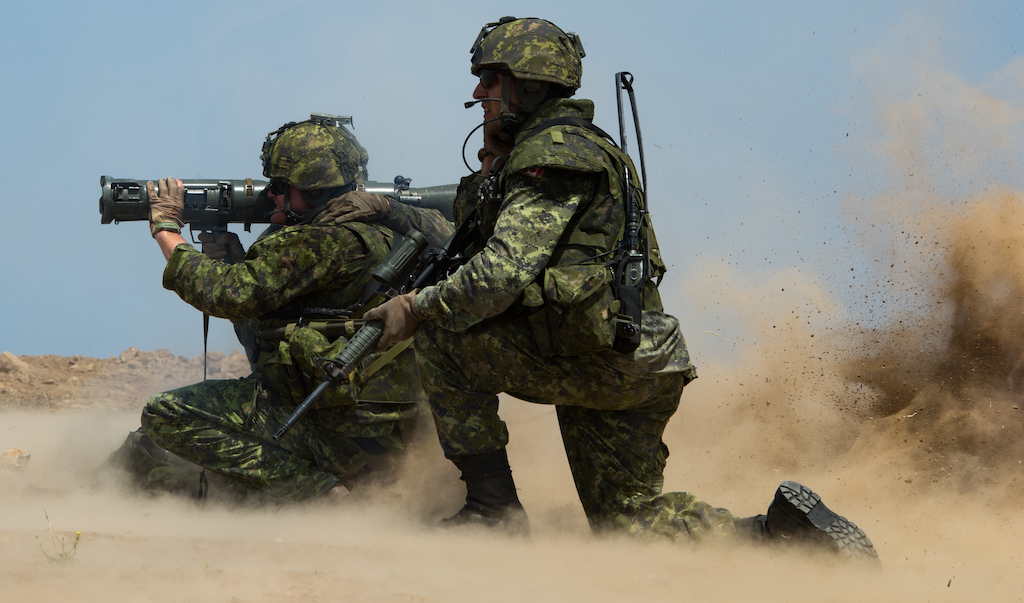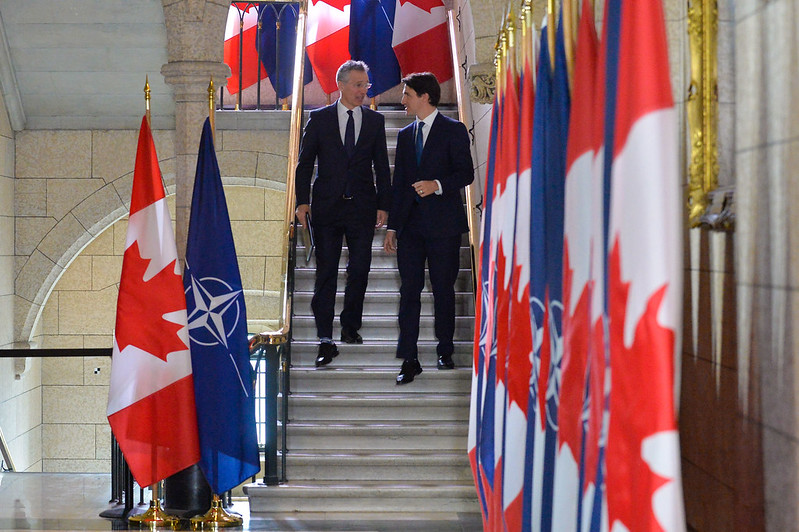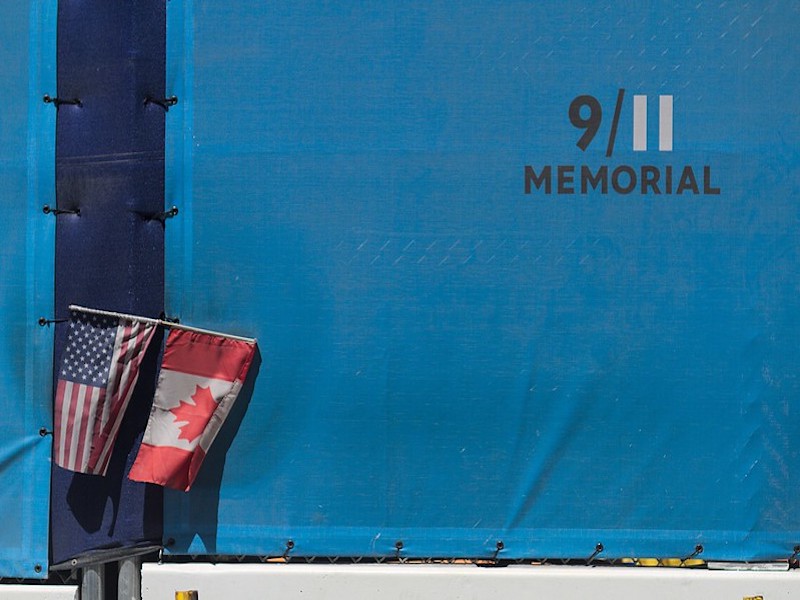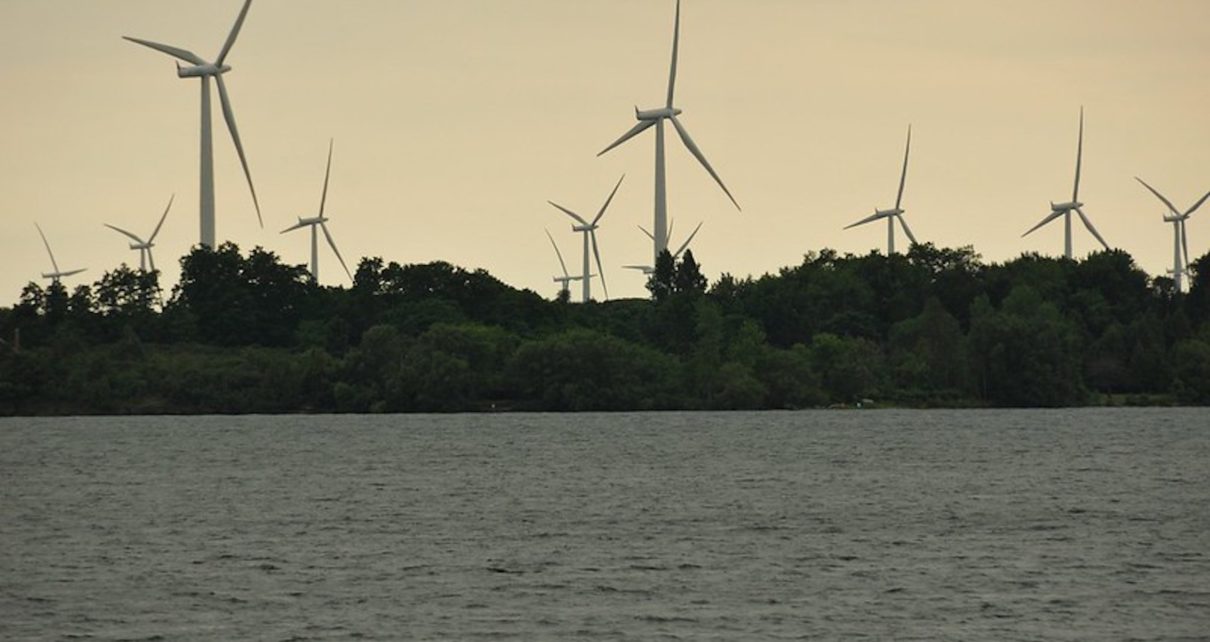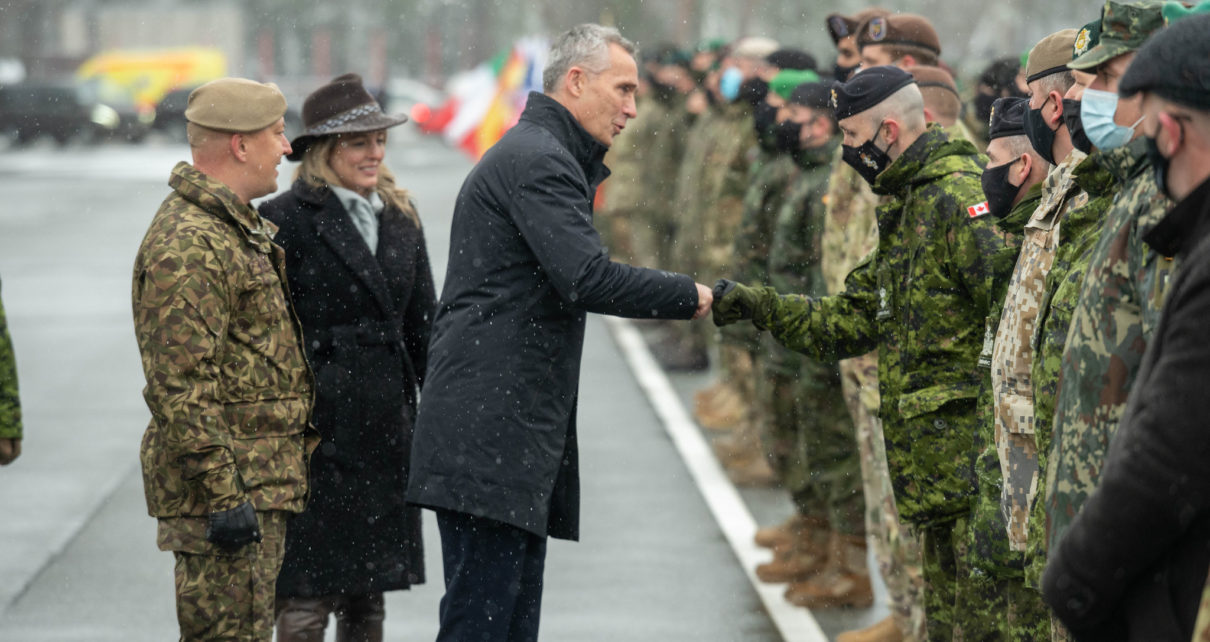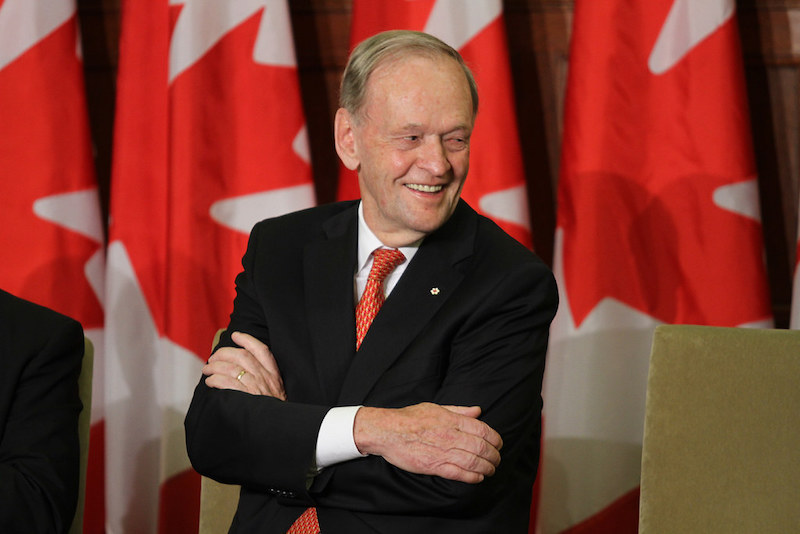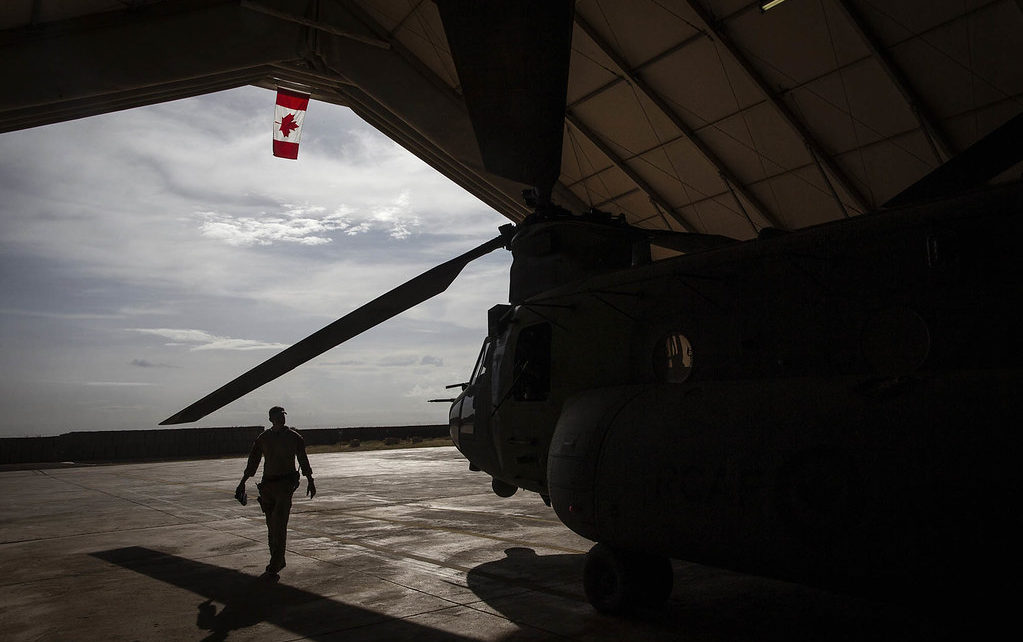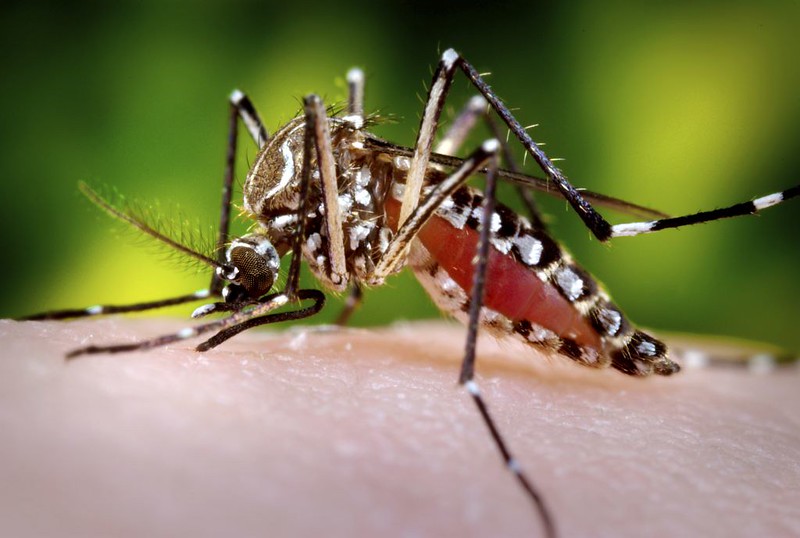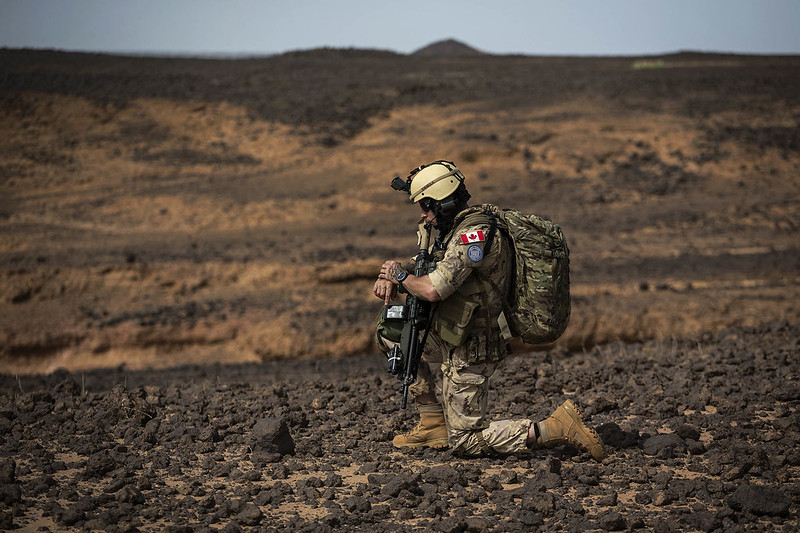How have the Canadian Armed Forces (CAF) approached the challenge of particulate matter (PM) and other airborne pollutants? This article assesses some of the CAF’s monitoring and mitigation efforts in the context of a warming planet.
Christopher Maternowski
Christopher Maternowski has broad knowledge of international affairs and military and defence matters, as well as specific expertise in climate security. He holds graduate degrees in Security Studies and global history and is currently analyzing questions of sustainability and climate change adaptation and mitigation.
Canada, NATO, and Burden Sharing: An Editorial Introduction
Burden sharing and NATO’s two per cent pledge are contentious topics in Canada and across the alliance. This essay introduces a series of articles on the subject from Anessa Kimball, Elliot Hughes, and Benjamin Zyla.
9/11 and Canadian Transportation Security: A Conversation with David Collenette
September 11 presented a grave and transformative event for the Canadian transportation sector. In this article, David Collenette, Chair of the NATO Association of Canada and Minister of Transport on 9/11, talks about his experiences on that day, his role in strengthening transportation security, and the contemporary threat landscape.
Toward a “Green Diplomacy”: The Case of the Canada-Germany Hydrogen Alliance
In August 2022, Canada and Germany formed energy and mineral partnerships. This article considers the successes and limits of Canada’s evolving effort to align energy security with the imperatives of climate change.
Ukraine, Russia, and NATO’s Eastern Flank: A Canadian Defence and Foreign Policy Perspective
In response to the Russian invasion of Ukraine, Canada has rolled out a slew of measures to defend NATO’s eastern flank. This article summarizes and critically analyzes these recent trends in Canadian defence and foreign policy.
A Decade of Engagement: Jean Chrétien and NATO
Significant international events—the breakup of Yugoslavia, NATO enlargement, the invasions of Afghanistan and Iraq, to name a few—occurred during Jean Chrétien’s decade as prime minister. This retrospective examines Chrétien’s foreign policy with a specific emphasis on his government’s engagement with NATO.
Because of Climate Change, Contact Burns Could Pose a Greater Danger for the Canadian Armed Forces
Warmer days will leave surfaces hotter to the touch. The world’s heightened thermal conductivity could elevate the incidence of contact burns and impede the readiness of the Canadian Armed Forces.
On a Warming Planet, Mosquitoes Could Mean Trouble for the Canadian Armed Forces
A warmer and more humid world could help the cold-blooded and water-loving mosquitoes multiply in numbers and colonize new spaces. This potentiality could bring the Canadian Armed Forces into contact with more mosquitoes and mosquito-borne illnesses, which could undermine the welfare and readiness of its members.
Perilously Parched: Climate Change Threatens the Physiological Readiness of the Canadian Armed Forces
The Canadian Armed Forces (CAF) are contending with the mounting physiological effects of spiralling temperatures. Hotter weather will leave CAF members increasingly parched and depleted, which could progressively hamper operations in the years to come.
A Toothless Mandate? Enforcing Compulsory Vaccination within the Canadian Armed Forces
Vaccine mandates are powerful but divisive public health tools. This article considers the difficulties inherent to their application in the contemporary Canadian Armed Forces.

